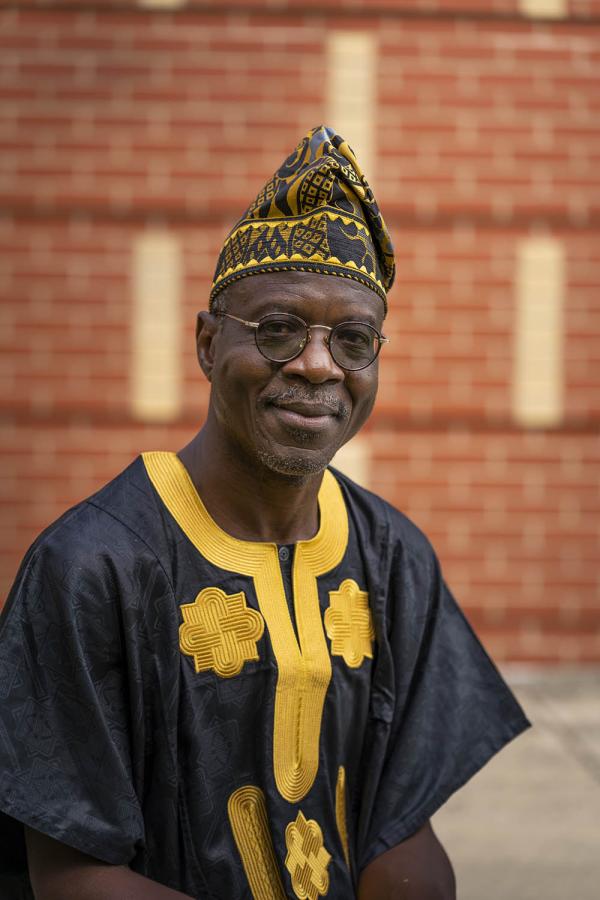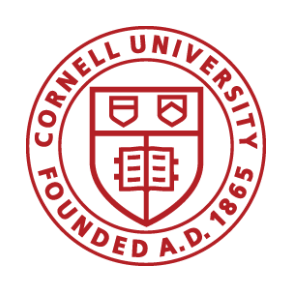Read This.

Cornell professor Olúfémi Táíwò contends the term "precolonial Africa" needs to be reconsidered and rejected.
From Aeon /
As used, the term ‘precolonial’ Africa and the distortions it represents cannot illuminate our understanding of Africa and its history.
More importantly, it is wrong to think of colonialism as a non-African phenomenon that was only brought in from elsewhere and imposed on the continent. Africa has given rise to a rich tapestry of diverse colonialisms originating in different parts of the continent. How are we to understand them? For example, if ‘precolonial Morocco’ refers to the time before France colonised Morocco, it must deny that the 800-year Moorish colonisation of the Iberian Peninsula, much of present-day France and much of North Africa was a colonialism. For, if it were, then ‘colonial Morocco’ must predate ‘precolonial Morocco’. I do not know how any of this helps us understand the history of Morocco. Similarly, a ‘precolonial’ Egypt that refers to Egypt before modern European imperialism would also deny Mohammed Ali’s colonial adventures at the head of Egypt in southern Europe and Asia Minor. Was ancient Egypt part of some precolonial formation? That strains credulity. To conceive of the history of Africa and Africans in terms only, or primarily, of their relation to modern European empires disappears the history of Africans as colonisers of realms beyond the continent’s land borders, especially in Europe and Asia.
It is bad enough that the term distorts the history of African states’ involvement in overseas provinces. It is worse that it misdescribes the evolution of different African polities over time. The deployment of ‘precolonial Africa’ is undergirded by a few implausible assumptions. We assume either that there were no previous forms of colonialism in the continent, or that they do not matter. We talk as if colonialism was brought to Africa by Europe, after the 1884-85 Berlin West Africa Conference. But it takes only a pause to discover that this is false. | Read the FULL ARTICLE.




